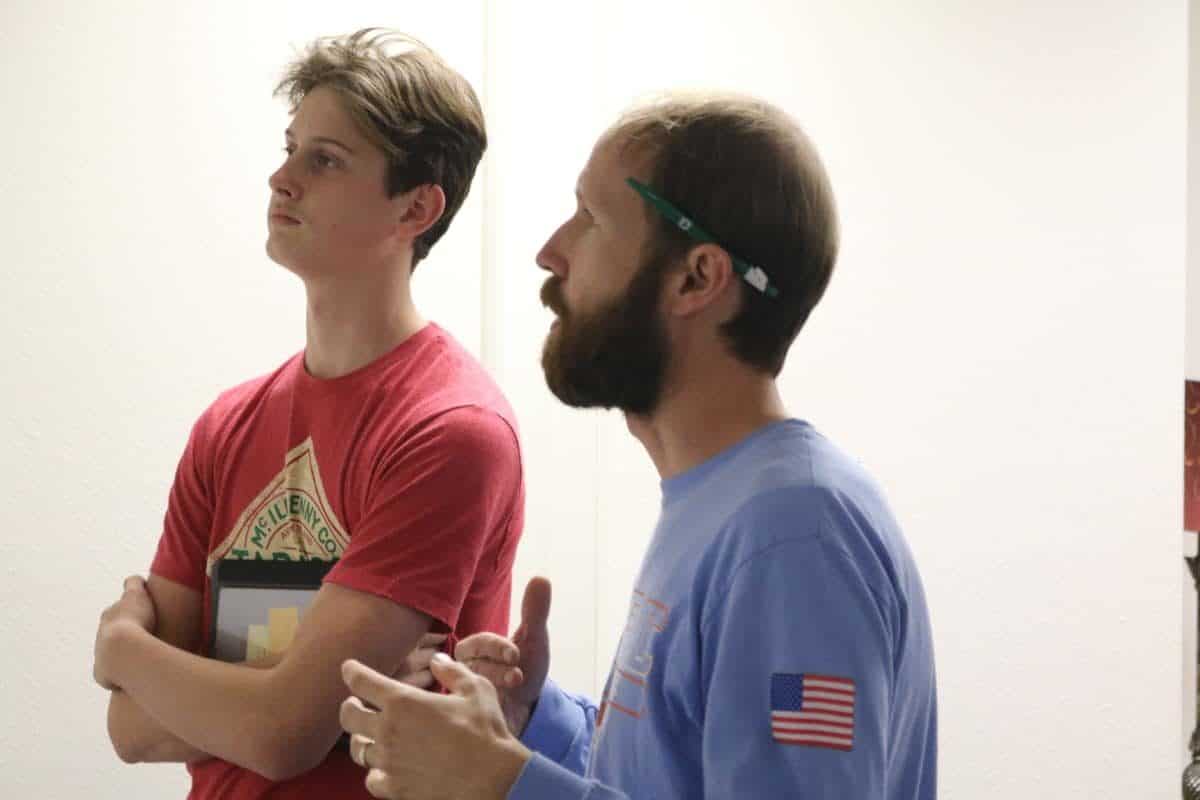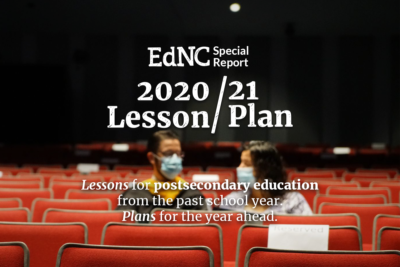

American society places enormous demands on its public schools: to educate its youth to sustain democracy, to propel its economy, and to strengthen community. To meet those demands, school reform entails a continuous process of persistent pursuit of excellence.
It requires documenting and defining shortcomings, closing achievement gaps, knocking down barriers, and holding decision-makers accountable. But it requires not just negative analysis but also positive reinforcement, recognizing strengths and success, building upon them, and advancing what works.
Two decades ago, for example, North Carolina responded to the need to refresh and reinvigorate its high schools. At that time, too many students seemed to be muddling through schools seen as too standardized and impersonal.
In 2001, Gov. Mike Easley appointed an Education First Task Force, which proposed a state fund to originate innovative high schools. Walter Dalton, then a state senator and later lieutenant governor, sponsored legislation to set up such a fund. And the Bill and Melinda Gates Foundation came in with early seed money.
As the centerpiece of an initiative he dubbed “Learn and Earn,” Easley set in motion the creation of early colleges, which are smaller high schools, associated with community colleges and universities, allowing students to take college-credit courses before completing the 12th grade. Harvard’s Kennedy School of Government gave the initiative its government innovations award.
Fast-forward 20 years, and North Carolina now has more than 28,000 high school students enrolled in 133 cooperative innovative high schools, most of which are early colleges. Of these high schools, 117 are connected with community colleges, 11 with campuses of the University of North Carolina system, and five with independent colleges. At an early college, students can spend four or five years to earn a high school diploma and an associate degree or two years of college credit.
Research from SERVE at UNC-Greensboro had shown positive payoff from early colleges — higher ACT scores, higher class attendance, lower suspension and drop-out rates, and higher enrollment in four-year universities. The most recent evaluations come from a set of papers by Douglas Lee Lauen, a UNC-Chapel Hill professor of public policy and sociology, along with colleagues at UNC and RAND Corporation, who drew data from all early colleges in North Carolina.
“We find that all students tend to benefit from attending early colleges, but some benefit more than others,” said Lauen. “In particular, students from groups underrepresented in college, such as black and brown students and students from economically disadvantaged families, benefit more than their white, Asian, and more advantaged peers. These findings should be good news for policymakers because the intent of the original legislation was to expand educational opportunity into areas of the state and for populations that had been traditionally underserved with rigorous college preparatory curriculum.”
Lauen and his colleagues also report that early college students “are more likely to vote and less likely to be convicted of crime during late adolescence and early childhood.” (Lauen sent me three papers, and we discussed the findings further by email and an interview.)
Now, early colleges are considered a component of the state’s Career and College Promise Program, proposed by Governor Bev Perdue and adopted by the legislature in 2011. That program also includes career and technical education and dual enrollment of traditional high school students in college classes.
Early colleges have spread across the nation, with North Carolina a leading state in their development. “The rapid expansion of ECHS (early college high schools) across the country appears to represent an ideal model of evidence-based policymaking,” said Lauen.
Over the past 20 years, North Carolina has moved a long way from one-size-fits-all public education, especially in high schools — choices and diversity offered in the form of Advance Placement and International Baccalaureate courses, magnet schools, restart schools, lab schools, publicly-funded charter schools, and early college high schools.
Solid evidence of early college effectiveness should lead policymakers both to do no harm and to learn from success. Indeed, the state’s experience in adopting and expanding early colleges should serve as a confidence-building education success story for North Carolina.




